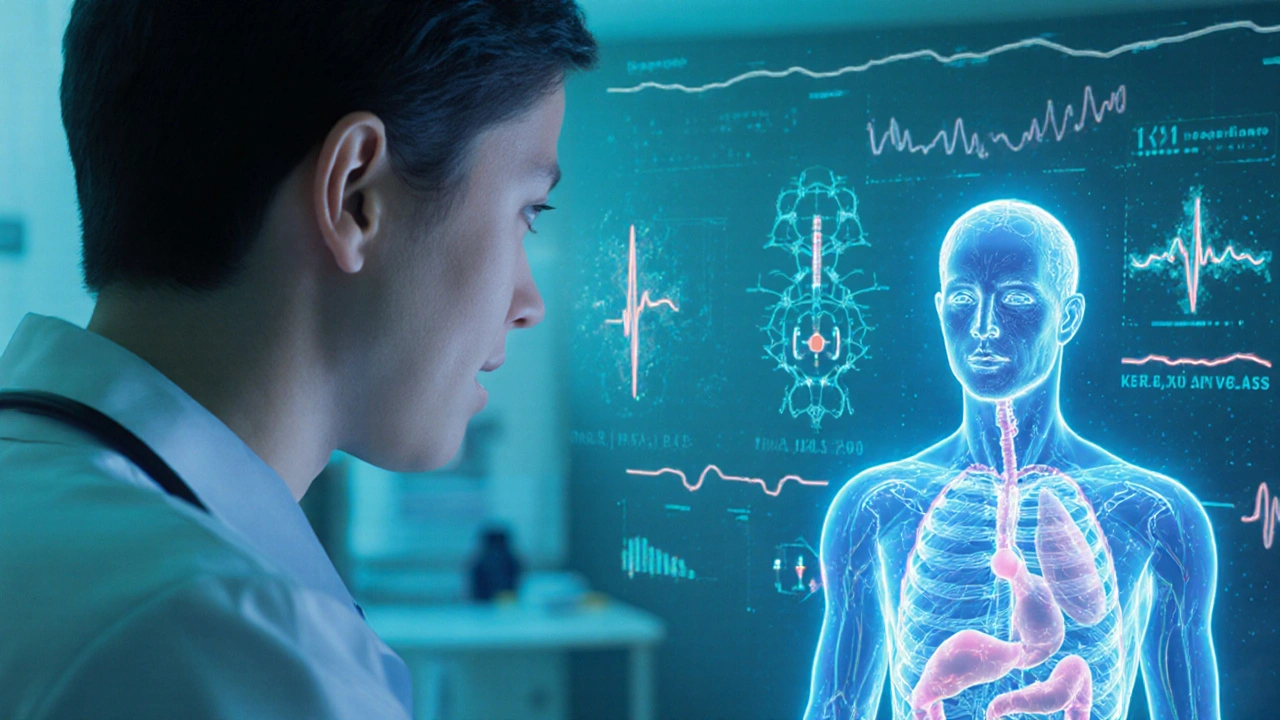AI in Medicine: How Artificial Intelligence Is Changing Healthcare
When we talk about AI in medicine, the use of artificial intelligence to assist in clinical decision-making, patient care, and medical research. Also known as medical AI, it’s not science fiction—it’s in hospitals right now, helping radiologists spot tumors, predicting sepsis hours before symptoms appear, and cutting down lab wait times by days. This isn’t about robots replacing doctors. It’s about giving them better tools to do what they do best: care for people.
Behind every breakthrough in AI in medicine are three key players: AI diagnostics, systems that analyze medical images, lab results, and patient history to detect disease patterns, healthcare AI, the broader ecosystem of software, data pipelines, and clinical workflows that integrate AI into hospitals, and medical AI applications, specific tools like AI-powered ECG interpreters, pathology assistants, or drug discovery platforms. These aren’t separate ideas—they feed into each other. Better diagnostics mean more data, which trains smarter applications, which then improve how healthcare AI is deployed across clinics.
You won’t find AI replacing your GP anytime soon. But you will find it helping them read a chest X-ray in seconds instead of minutes, flagging early signs of diabetic retinopathy in eye scans, or suggesting the most effective cancer drug based on your tumor’s genetic profile. These aren’t lab experiments—they’re FDA-approved tools in use at major hospitals. And the pace is accelerating. What took years to validate a decade ago now gets approved in months because the data is clearer, the models are sharper, and the need is urgent.
This collection of posts dives into exactly how that’s happening. You’ll see real examples of AI cutting diagnosis errors, speeding up drug development, and even helping manage chronic conditions remotely. No hype. No fluff. Just what’s working, what’s coming, and how it’s changing the day-to-day reality of patients and providers. Whether you’re a clinician, a developer, or just someone who cares about the future of your health, what’s here will show you the quiet revolution already underway.

- Nov 4, 2025
- Mitchell Benson
- 0 Comments
How AI Is Transforming Personalized Medicine Today
AI is revolutionizing healthcare by tailoring treatments to individual biology, predicting diseases early, and cutting drug development time. It’s not replacing doctors-it’s giving them the tools to care better.
